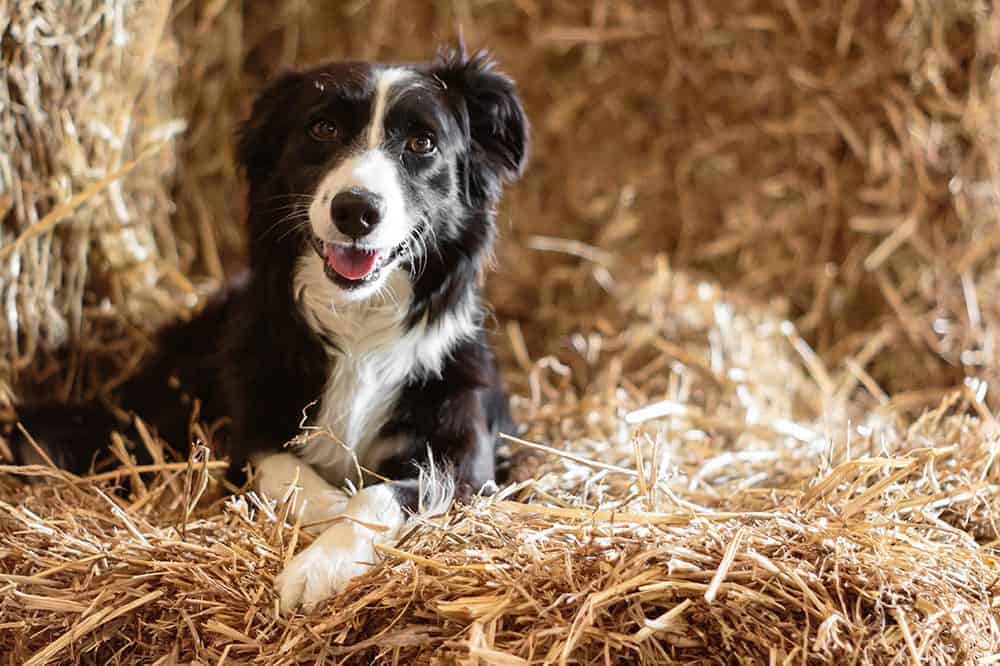
Dogs have been working in partnership with humans for thousands of years. In fact, the latest scientific thinking suggests it may be even longer than was originally believed, so it’s no surprise that dogs are still part of working life in the 21st century.
Research conducted by the University of Chicago and published in the journal Nature Connections, suggests that dogs were domesticated – essentially adapted from a wild species for human use – around 32,000 years ago. Today, while many dogs have comfortable lives as family pets, there are other canines that spend their days hard at work, providing invaluable help to humans in all manner of ways.
Dogs down on the farm
While modern farms utilise the latest in agricultural technology, nothing can replace the role of the traditional farm dog. From the super intelligent Border Collie, relied on to effectively herd sheep and cattle, to terriers of all types, who act as all-purpose farm hands, dogs are just as much a part of farm life today as they have always been. Other popular farm breeds include the Bearded Collie, the black and tan Huntaway, which originated in New Zealand, and the dingo-like Kelpie, a breed developed in Australia that’s expert at ‘backing’ sheep into a pen.
Dogs on the beat
According to the Old Police Cells Museum, the first instance of police using a dog to help them with their enquiries was in Luton in 1859, when a Bloodhound was enlisted to track down a murderer. Official training of dogs for police work began in Germany and Belgium in the late 19th century, with German Shepherds and Dobermanns being the breeds of choice. The potential of the human/dog crime-fighting partnership was picked up in the UK in the 1920s and 1930s, with Labradors considered to be the best breed for general patrol duties. Today, police forces across the UK continue to work with dogs to help them deter villains and solve crimes, with German Shepherds, Belgian Malinois and Dutch Shepherds the most common breeds currently on active service. Specialist sniffer dogs, usually Springer Spaniels who have a high drive to search and retrieve toys, are trained to locate drugs, explosives and firearms.
Dogs on a rescue mission
If you are lost in a mountain wilderness, there can be no better sight than an eager wet nose and wagging tail announcing help is at hand. Search and Rescue dogs have been helping humans for over 50 years. The National Search and Rescue Dog Association (NSARDA) trains and qualifies dogs to look for people who are believed to be missing – on land, in water or in a collapsed building. NSARDA qualified dogs and their handlers work with Mountain Rescue and Lowland Rescue teams, as well as with the Police and other emergency services. With their amazing sense of smell, speed and agility, just one Search Dog, who can pick up a human scent from around 500 metres, can typically do the work of 20 foot searchers. Search Dogs can be all sorts of breeds, although Border Collies, Spaniels and Labradors have a natural propensity to air scent, trail and track down people in trouble with courage and dogged determination.
FEEDING DOGS WITH JOBS
Working dogs are always on the go and their nutritional requirements vary from those of the average pet dog. Burgess Active has been developed to specifically meet the needs of ‘outdoorsy’ working, sporty and active dogs, comprising high levels of protein with whole grains for energy release and added calcium for bones and teeth.
Sources: nationalgeographic.com, fwi.co.uk, oldpolicecellsmuseum.org.uk, west-midlands.police.uk, nsarda.org.uk














